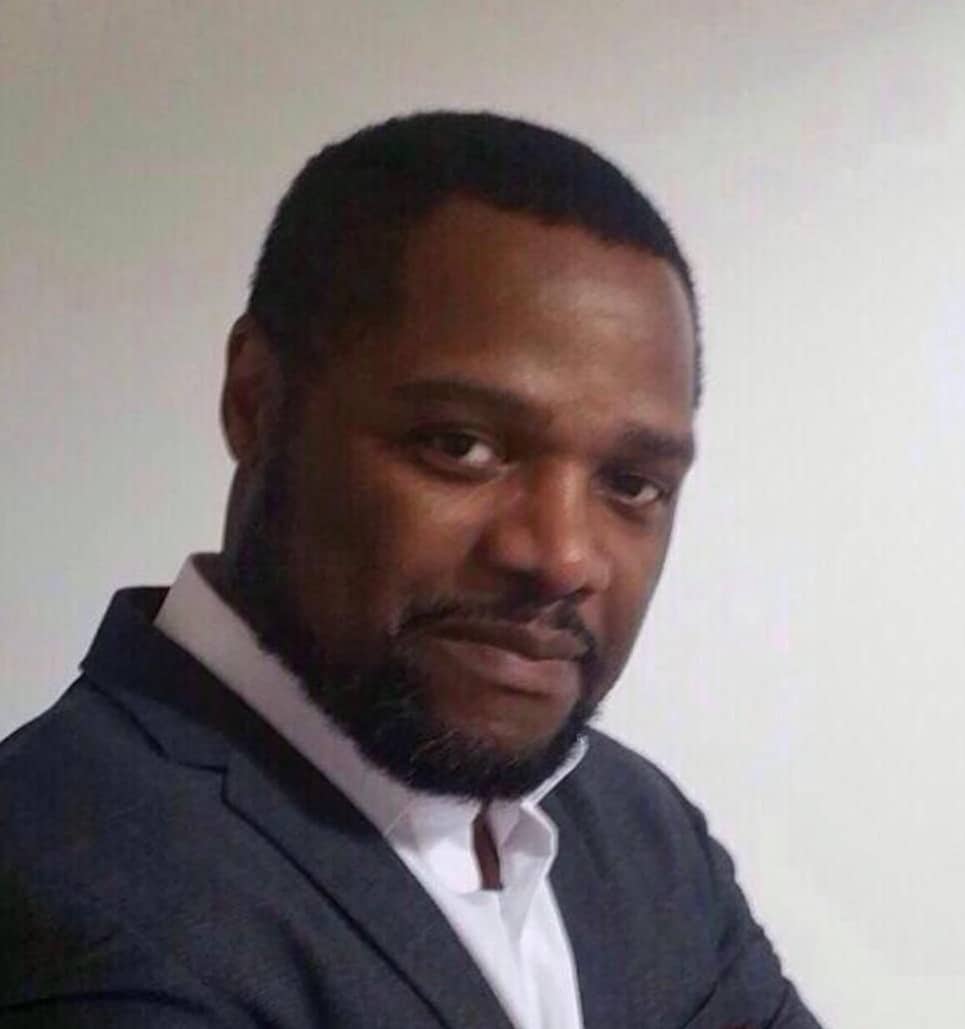Managing one or more projects in the midst of uncertainty is a real challenge! To stay on course, project managers must learn to master the 10 essential soft skills of project management. They will guide them like a compass. But what are these 10 soft skills? How can they be acquired or perfected? Alain Ngassam, management consultant and trainer, takes a closer look. leadership project.

The project management profession has undergone a decade of transformation. Agile approaches have turned traditional project management practices on their head. But today, the major challenge for the project manager is to find the posture that enables him to obtain the commitment of people over whom he has no hierarchical authority.
So what soft skills do project managers need to master to keep up with this fast-changing world?
A range of interpersonal and behavioural skills essential to project managers
First of all, it should be remembered that soft skills are a set of behavioural qualities. These are interpersonal skills that enable the project manager to facilitate the work of the team.teamparticularly through collaboration. In other words, soft skills are genuine facilitation factors. They complement the hard skills or technical skills of the project manager. They are also known as "soft" skills.
10 soft skills have become the hard core of project manager management and leadership. This is what the report Future of jobs of the 2020 World Economic Forum, better known in France as the Davos Forum.
- La problem solving complexes : the ability to identify and implement a solution to a problem.
- L'critical thinking : the ability to criticise and reason using a rational process and arguments.
- La creativity : the ability to imagine and implement new, non-standard solutions.
- People management : the ability to organise employees and build teams to optimise the company's performance.
- Working together : ability to foster team spirit and good interpersonal skills. communication.
- L'emotional intelligence : the ability to identify, understand and process our own emotions, as well as those of others.
- La decision-making intuitive : the ability to model, evaluate and prioritise options in order to make decisions.
- Service excellence : the ability to consistently meet and sometimes exceed customer expectations.
- Negotiation skills : the ability to confront and link one's interests with those of others in order to resolve a situation.
- Mental flexibility : the ability to adapt behaviour or actions to changes in the environment or context.
The art of negotiation for project managers
Among these 10 soft skills, the negotiating skills is particularly useful when a disagreement arises in the course of a project. It could even be said that cooperative negotiation is an essential means of resolving disagreements. It is most effective when the project manager applies it methodically and with respect for others.
The 5 key stages in cooperation negotiations
1. First, prepare thoroughly
- What are the precise objectives, with figures?
- What are the real interests?
- What are the "win/win" propositions?
2. Then define the negotiation framework
- What is at stake and how do you get the other party to accept it?
- Who has the power of decision?
- How do you build trust?
3. But also, to define a path for the negotiation interviews
- A reminder of what has been learned
- Points of contention
- Brief statement of each party's case
4. Then, adopt a firm but relaxed attitude
- Not much to say
- Lightening the mood (humour)
- Be patient, don't put pressure on yourself
5. Finally, quickly capture the result
- Have both parties sign a written release of agreements
- If the results are very good, speed up the drafting of the agreement
- Strengthening the relationship
The ability to influence, an essential complement to negotiation
How do you obtain the contribution of a person with whom there is no hierarchical link? To achieve this, you need to draw on a soft skill that is intrinsically linked to negotiation: influence.
To influence outside the hierarchy, the project manager needs to know the environment of those involved in the project. In other words, the different codes and customs of the people they are dealing with, their semantics and their needs.
To do this, it can draw on the analytical framework known as the 7 worlds, developed by French sociologists Luc Boltanski and Laurent Thévenot. This approach provides a conceptual framework for understanding the different logics of justification and valorisation present in society. It enables us to analyse the normative principles that guide the decisions and actions of individuals, depending on the context in which they find themselves.
The theory of the 7 worlds
- The world of inspiration. It is based on the search for authenticity and personal expression. It therefore favours the values of emotion and interiority.
- The world of the domestic. It focuses on trusting relationships, family values and preserving intimacy. It emphasises continuity and stability.
- The world of opinion. It emphasises the principles of recognition and social prestige. It relies on the judgements and assessments of others.
- The world of good citizenship. It values equality, justice and the principles of citizenship. It therefore refers to the norms of democracy and political participation.
- The world of the market. It is based on the principles of economic exchange, competition and the maximisation of individual interests. It places great importance on market mechanisms.
- The world of industry. It focuses on efficiency, performance and productivity standards. It refers to the principles of rational work organisation.
- The world of eloquence. It focuses on persuasive communication and the ability to convince others. It values argumentation and rhetorical power.
Please note:
These 7 worlds are not mutually exclusive. Individuals can therefore navigate between them according to context and situation.
So how can a project manager find the right argument to suit the "world" of the person they are talking to?
During training Manager: developing your power to influenceLaure, project manager, asks how to convince an elected official by speaking his language.
The issues
Laure is head of a development project in an environmental group. Her mission is to strengthen her company's brand image with local authorities. At a cocktail party, she is put in touch with the deputy mayor of a local authority to tell him about the services her company offers. She knows that the person she is talking to is likely to have a negative view of the world to which she belongs. In other words, the world of the market and the world of industry.
The solution
1/ First, listen carefully
Laure will be paying close attention to the subjects the deputy mayor tackles and the words he uses. In particular, he should be talking, no doubt with great enthusiasm, about a future housing programme.
2/ Then adapt to the "world" of the person you are talking to
Laure will translate the innovative service she wants to sell into concrete, appropriate terms. Above all, she will highlight the contribution that the development project can make to the reputation of the local authority and its elected representatives. In fact, by referring to the world of public opinion and civic-mindedness, she will have a better chance of convincing her interviewer.
To sum up, soft skills are essential for project managers. They are the key to inspiring and galvanising a project team and leading it to success. Posing a problem correctly, making decisions under time pressure, influencing, managing emotions and negotiating: these are the day-to-day tasks of a project manager. Sometimes this means developing or strengthening these soft skills through appropriate training.





